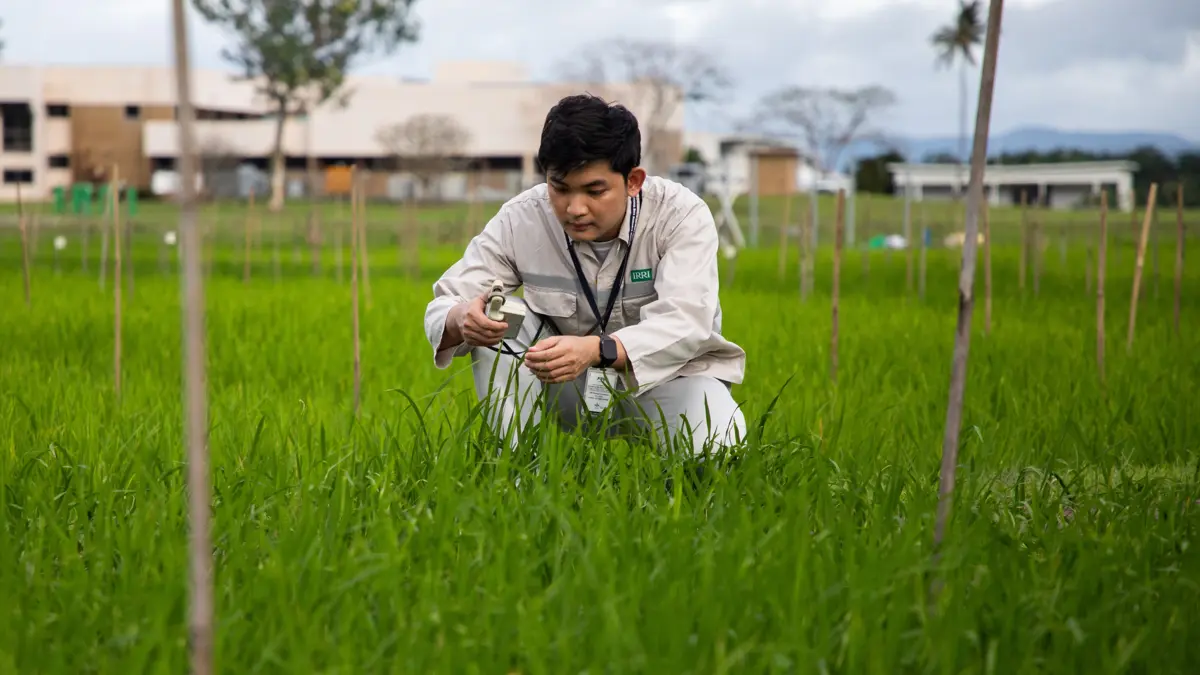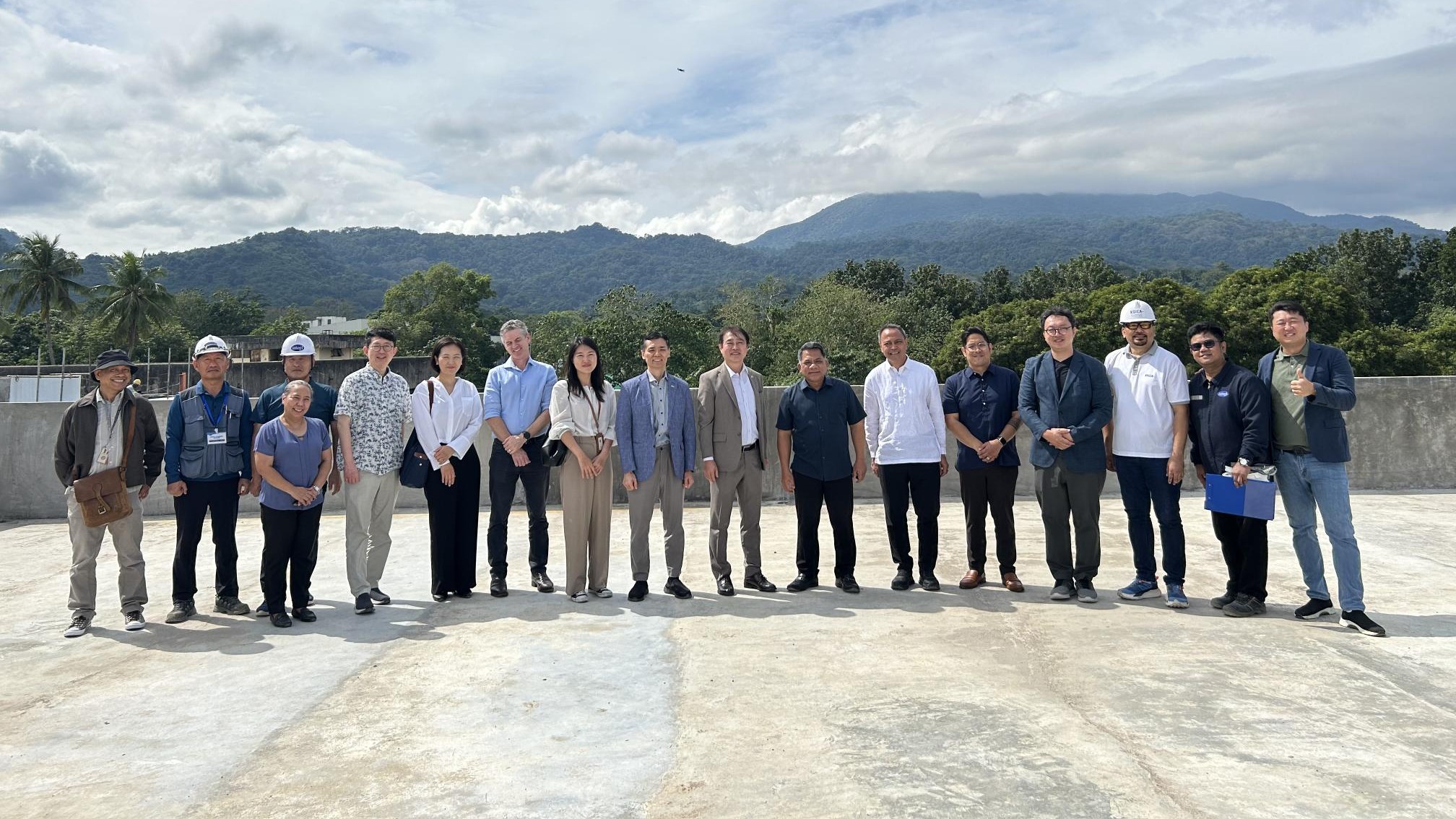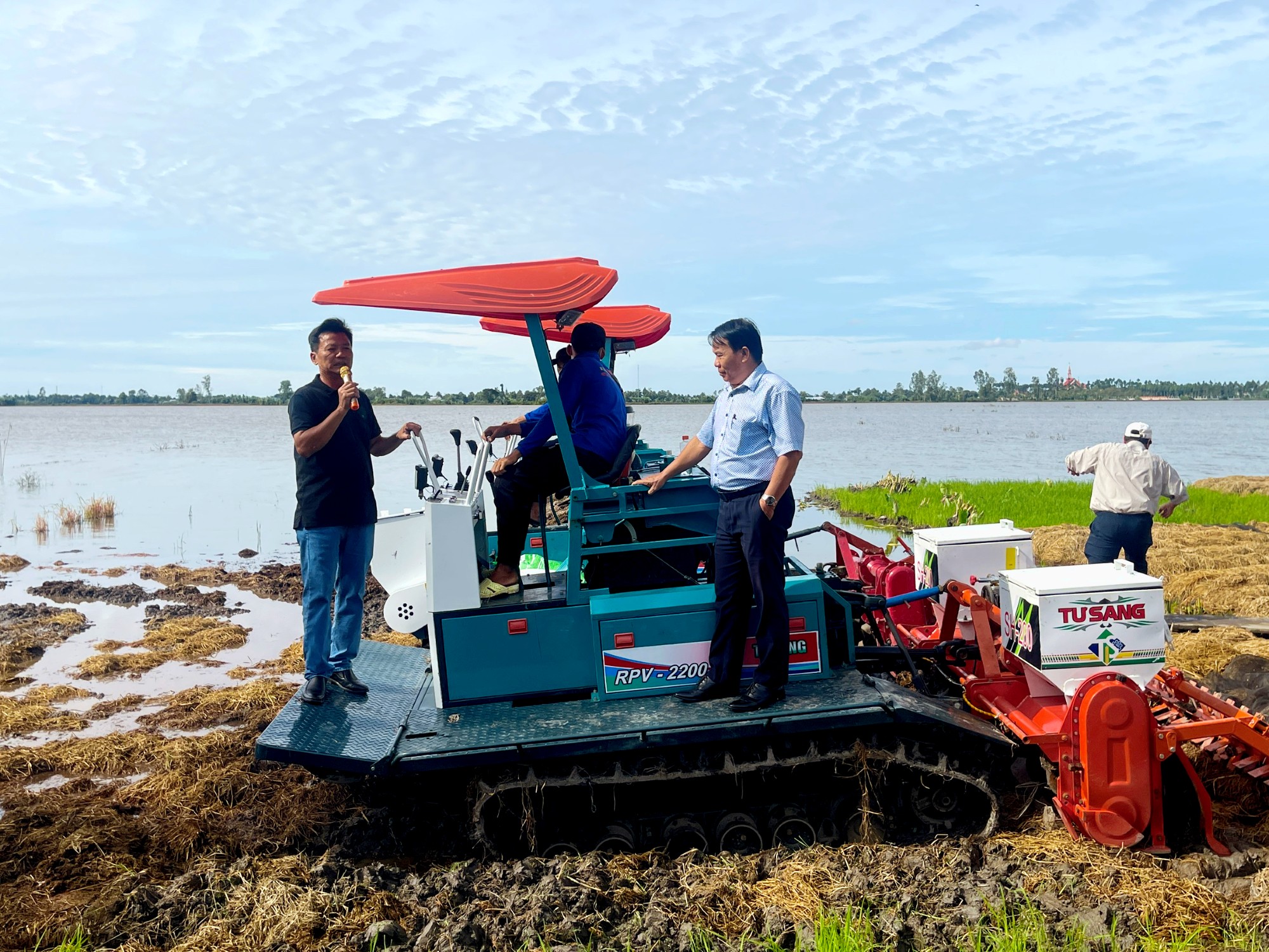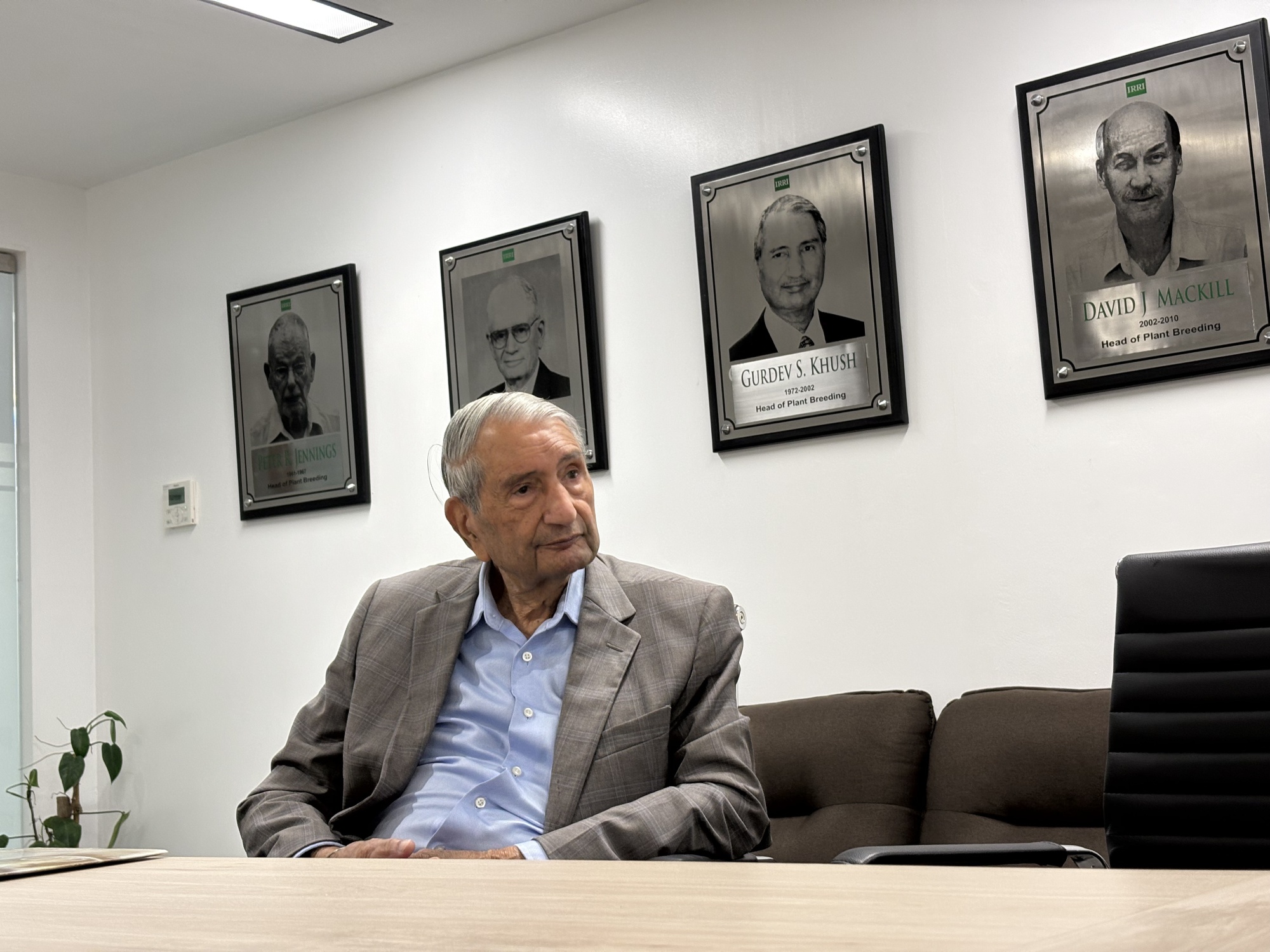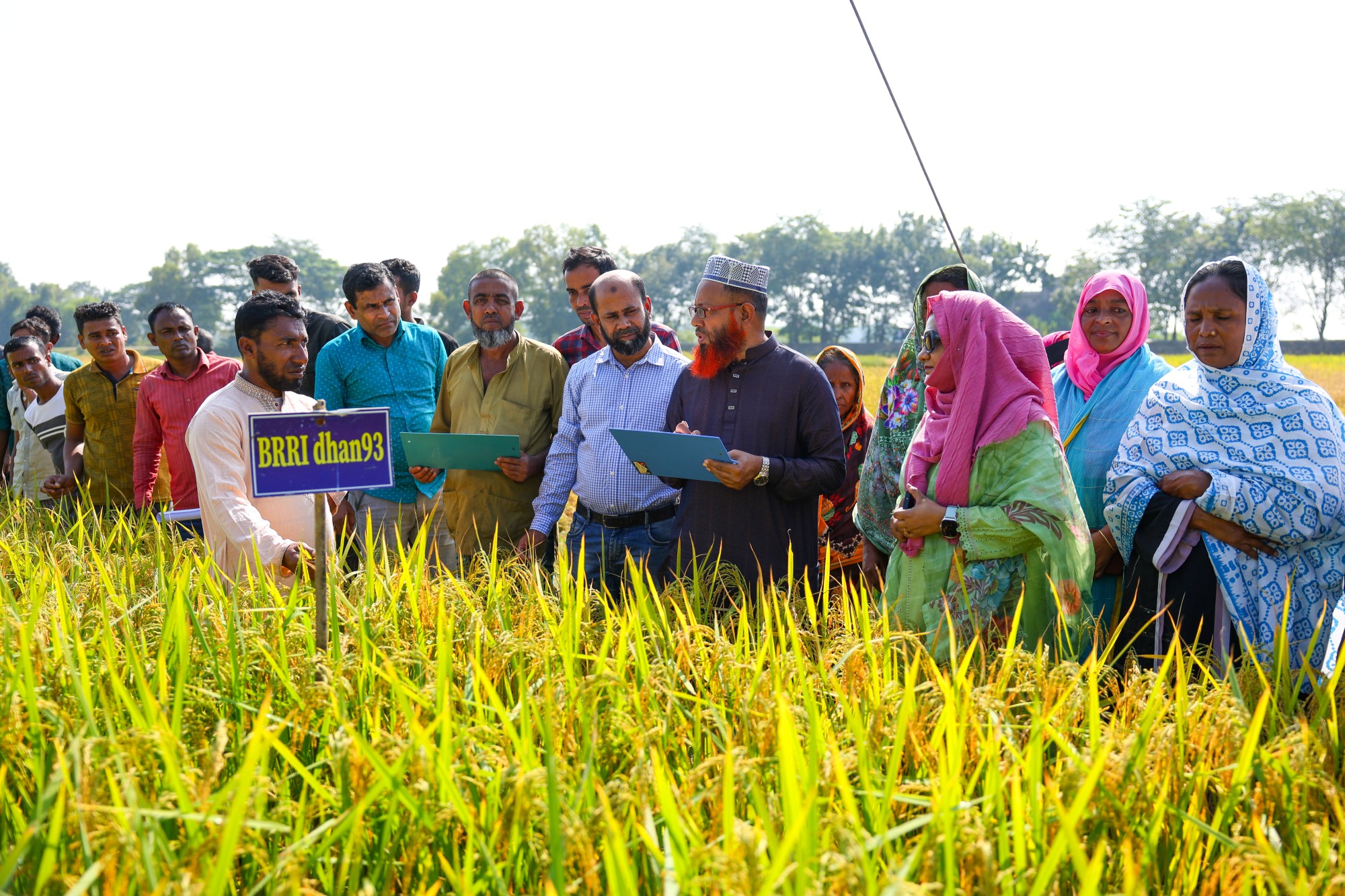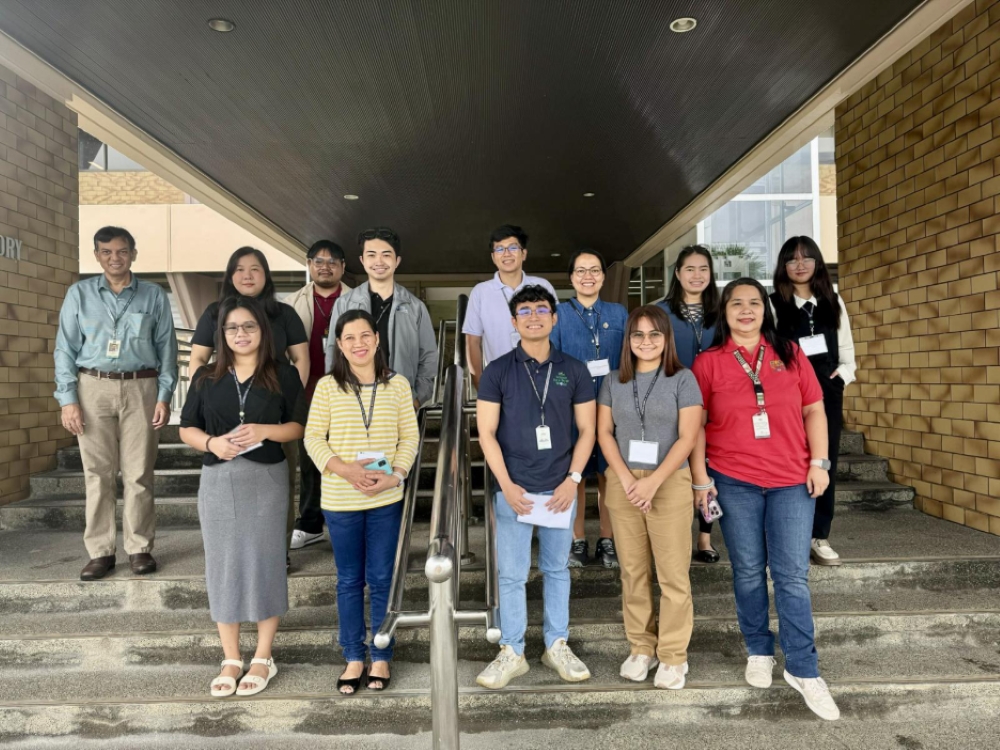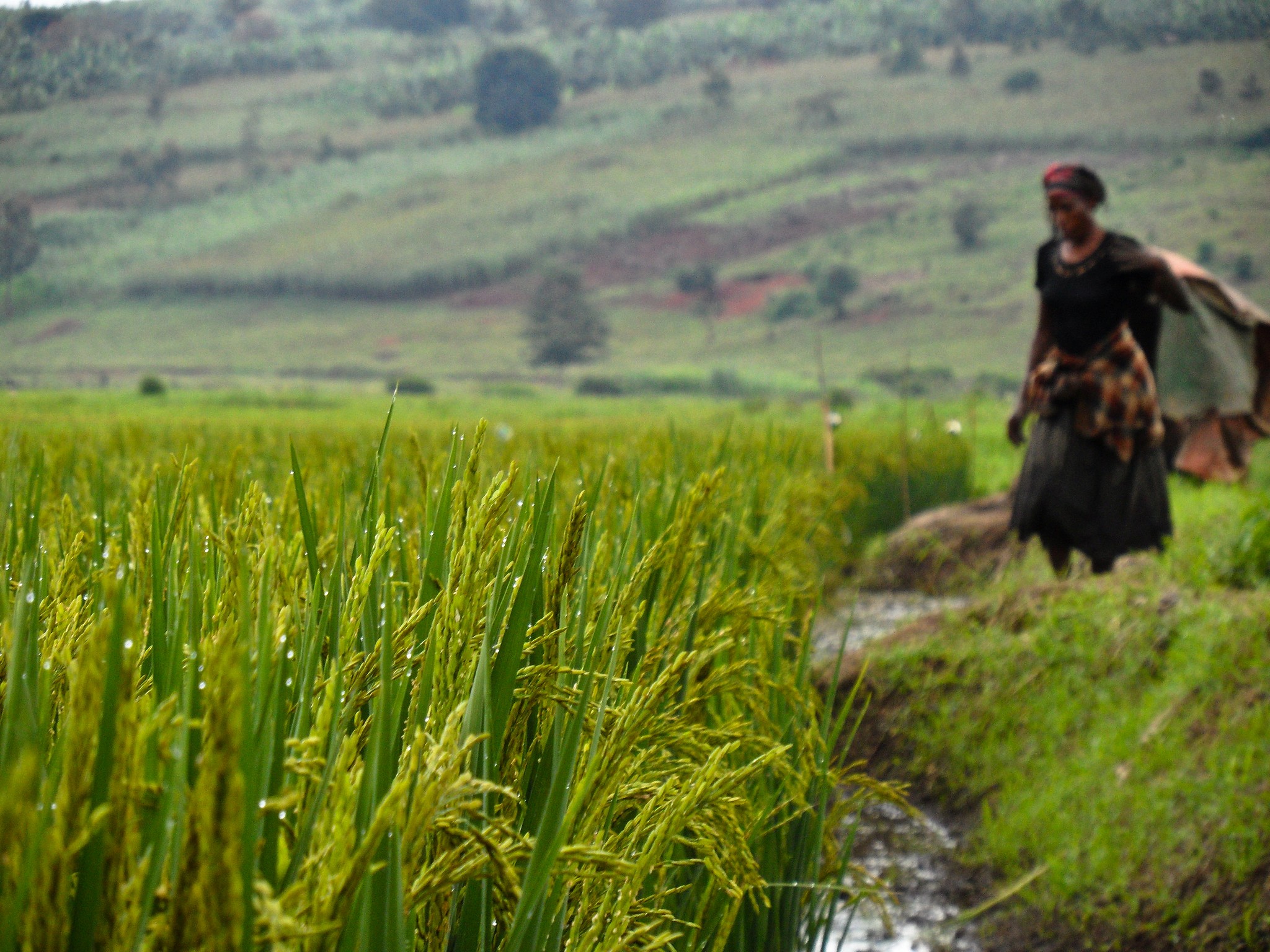Overview
Rice is the staple food for half of the world’s population. It is the primary source of calories for billions of people, primarily from low-income households, making it a critical crop for achieving food, nutrition, social, and livelihood security.
Rice and its production process shape cultures and social dynamics. It is a valuable crop in Asia, positioned at the heart of nations and their economies. Consumer preference is also growing across Africa due to changing diets and urbanization. Rice production, particularly in sub-Saharan Africa, has overtaken demand. In a world afflicted by the impacts of climate change, rice production and its markets worldwide need to evolve and adapt to these emerging trends and heightening threats.
Through Sustainable Impact through Rice-based Systems (SIRS), IRRI employs multi- and inter-disciplinary research approaches to address global challenges. SIRS recognizes that rice is a crop that drives global agri-food systems. From the soils to the markets, SIRS presents evidence-based, data-driven, and gender-responsive solutions. SIRS innovates strategies to improve climate resilience in mixed farming systems through climate change mitigation, integrated crop management and pest ecology, mechanization, and post harvest technologies.
SIRS also mobilizes digital and geospatial innovations to help with crop modeling and technology targeting to boost smallholder farmers’ productivity and resilience, therefore modernizing rice industries through digital transformation. SIRS looks into markets and value chains and how data-driven decision-making can make food systems more inclusive and responsive to global trends. With rice as its core to guide sustainable global agri-food system transformation. SIRS positions rice as a crop that offers solutions for soil, climate, lands, technology, markets, and livelihoods.
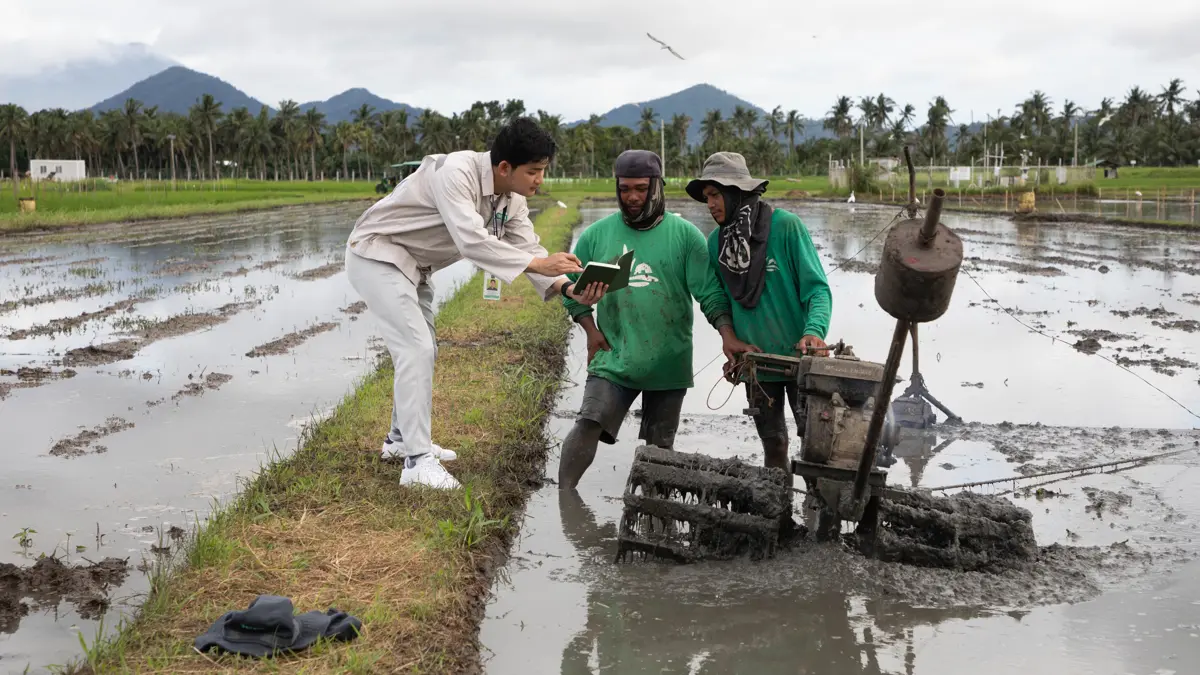
SIRS Research Units
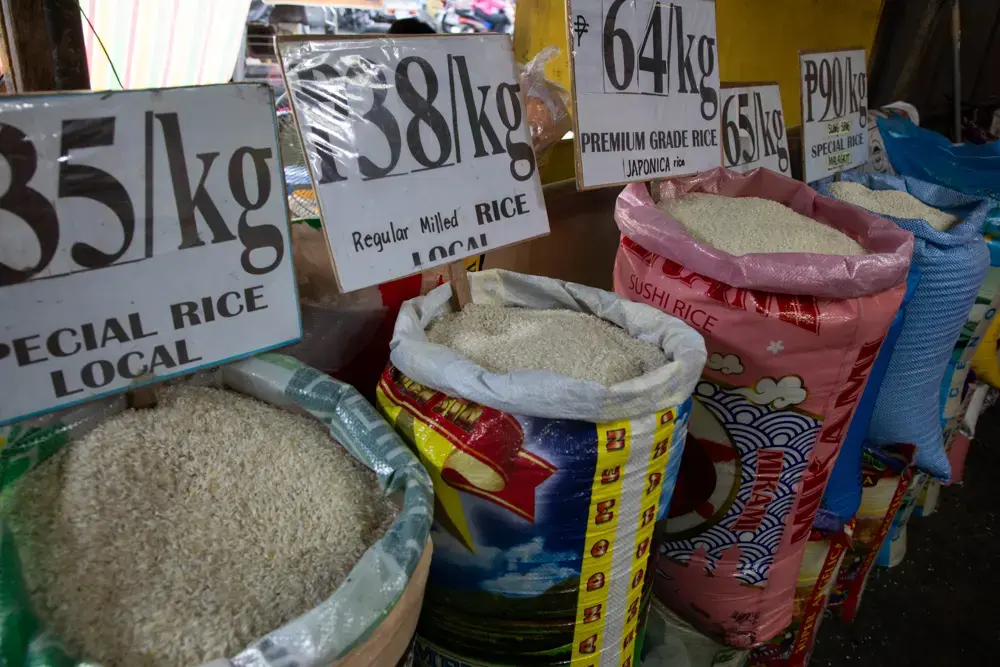
Inclusive Markets and Value Chains (Markets)
The Inclusive Markets and Value Chains Unit aims to strengthen market, value chain, and food systems research and research capacity for impactful, data-driven decision-making in agri-food systems.
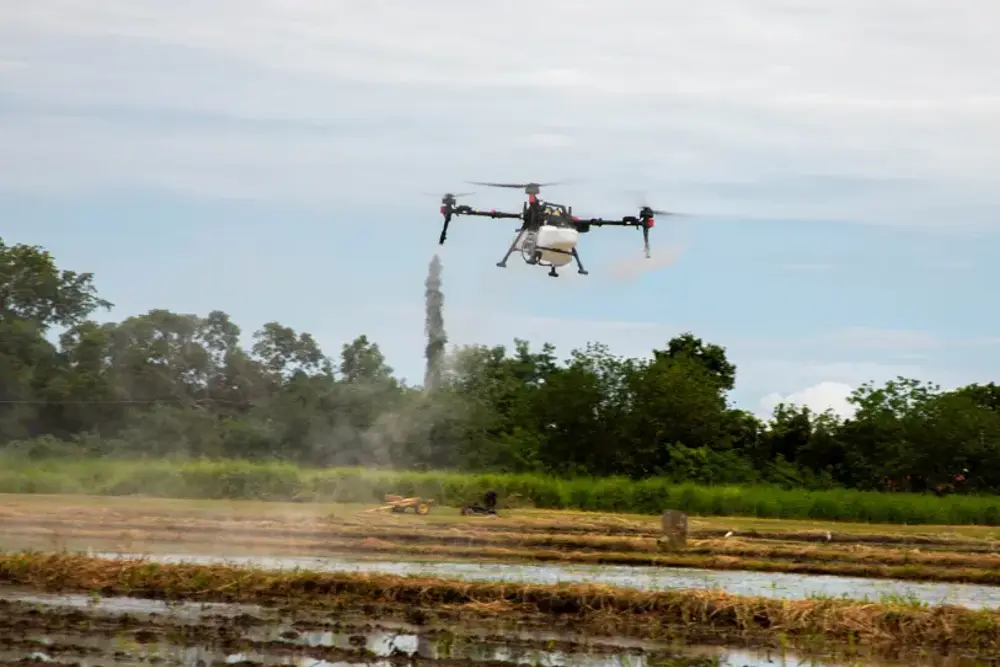
Digital and Spatial Landscapes Transformation (Landscapes)
The Digital and Spatial Landscapes Transformation Unit aims to enhance geospatial and AI capabilities for agriculture and build capacity for digital and geospatial innovation to establish global leadership in digital agriculture and spatial transformation in the long term.
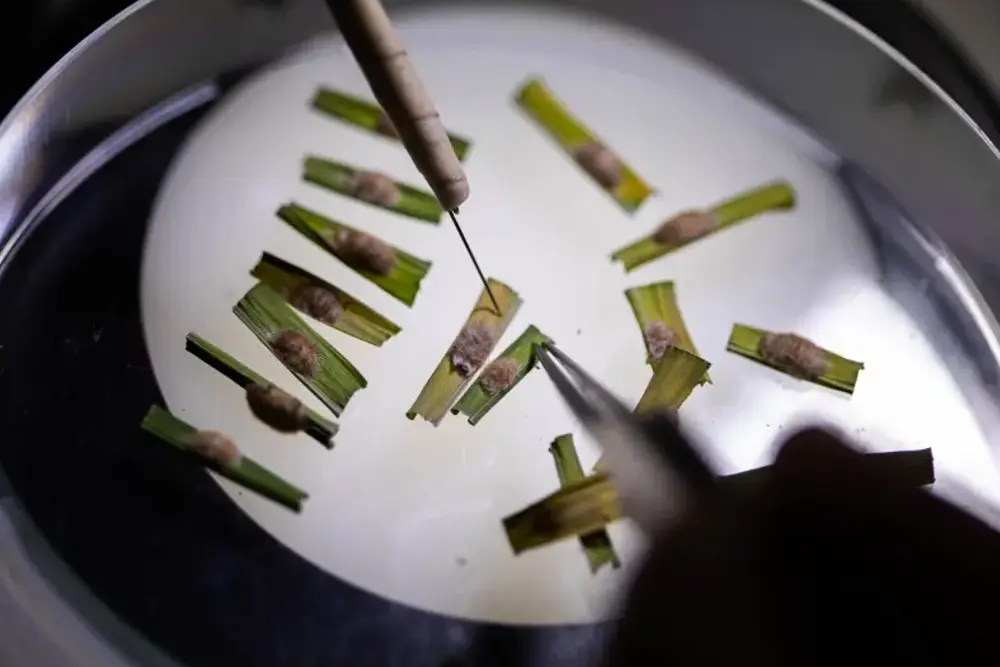
Climate-resilient Farming Systems (Farming Systems)
The Farming Systems Unit develops and innovates strategies to enhance the resilience of mixed rice farming systems by integrating IRRI’s expertise on climate change mitigation, pest ecology and management, climate-adaptive agronomy, mechanization, post-harvest, and rice co-products, and sustainable soils.
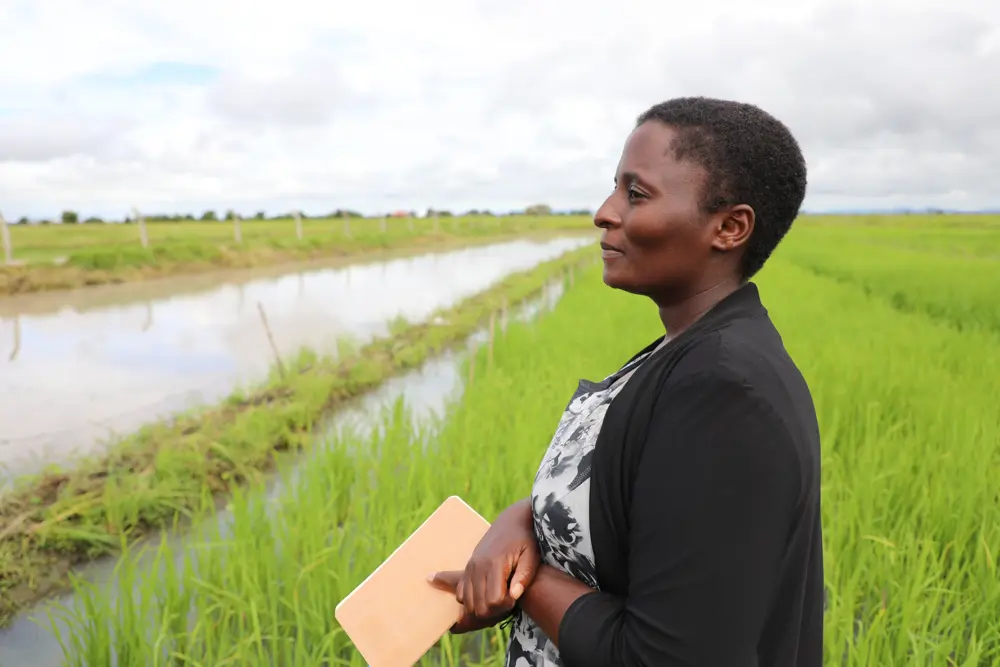
Gender and Livelihoods (Research)
The Gender and Livelihoods Unit is dedicated to integrating gender-focused research to empower women and youth, promote equitable access to resources, and enhance rural livelihoods, food security, and nutrition. As a cross-cutting cluster, it aims to deliver gender-responsive research and science-informed policy solutions.
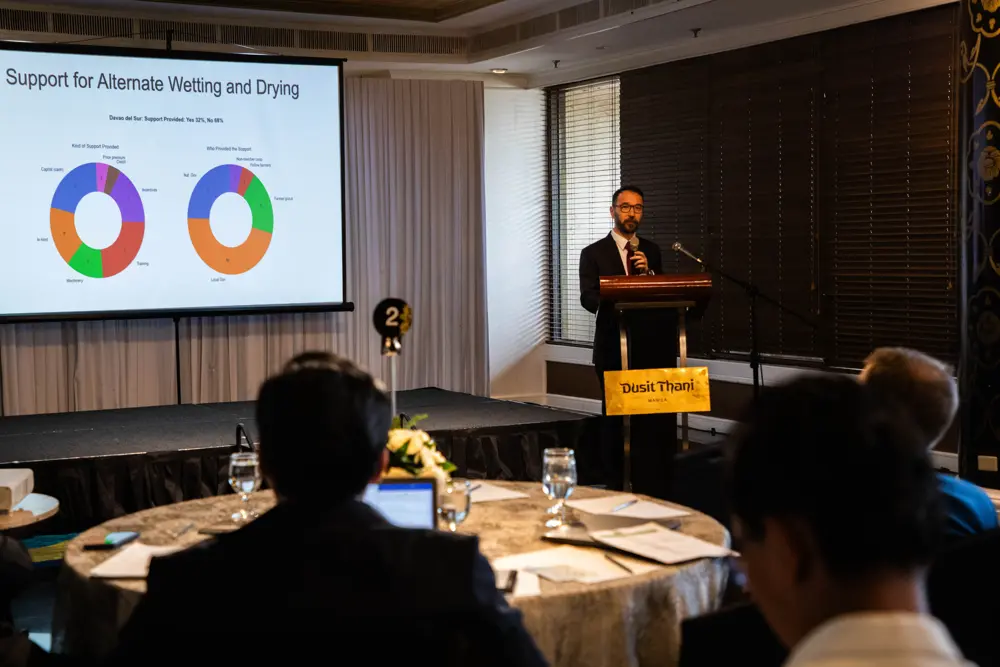
Transformative Policies and Investments (TPI)
The Transformative Policies and Investments Unit conducts rigorous, evidence based research and targeted policy advocacy to strengthen rice-based agri-food systems through enhancing productivity, environmental sustainability, livelihoods, and resilience for farming communities and consumers.
SIRS Director

Dr. Virender Kumar
Research Director
Dr. Virender Kumar is a Principal Scientist at IRRI specializing in Weed Science and Systems Agronomy. He leads the Climate-resilient Farming Systems Unit and coordinates the Direct-Seeded Rice Consortium. His research focuses on sustainable weed management, resource-efficient alternatives to puddled transplanted rice, and sustainable intensification of rice-based systems. Previously, he worked at CIMMYT and holds a PhD in Weed Science from Cornell University, along with a Master's in Agronomy from CCS Haryana Agricultural University. He has published over 50 peer-reviewed articles.
